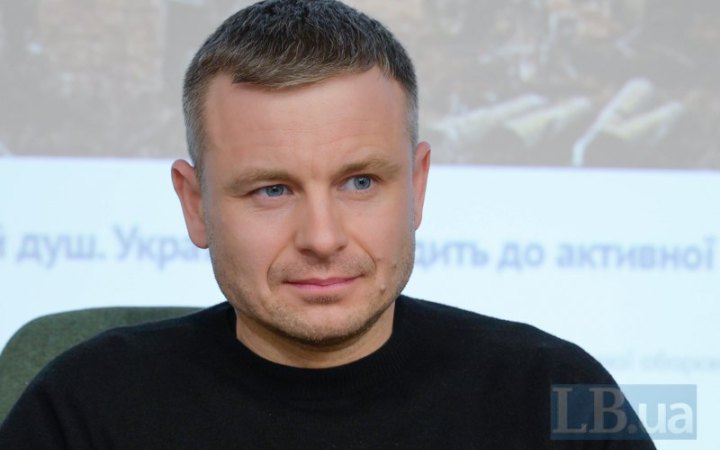"There will be money. Whether it will be enough is a rather rhetorical question. No matter how much money is available, it is always not enough, given that the main budget item is not subject to any forecasting or control. In the basic conditions of budget planning, there is a hope that there will be funds to finance all the needs that we have foreseen. Whether we will be able to finance more, I doubt it. But from the point of view of the agreements that are in place, I see more optimism than pessimism, because there is every reason to believe that the efforts made should bring a positive result," Marchenko said.
However, he added that in order to ensure next year what we had in 2023, we had to make much more effort, "tremendous effort", as trends and attitudes change.
"The government is working on option A. Option A provides for the full support of our partners, and every effort is being made to ensure that this support is received. Both in terms of budget financing and in terms of meeting military needs. It is no secret that our enemy's military budget is $120 billion. Our military budget is $40 billion. Somehow these equations need to be levelled. And so far, the levelling is partly done with the help of our partners. But we need to understand that if the war lasts longer - I'm talking about 2025+ - the scenario will include the need to adapt to new conditions," said Marchenko.
And by new conditions, he means putting Ukraine's economy on a war footing.
"2024 will definitely be different from 2023, because we are no longer restoring, we are building our own military capabilities. We have the funds to formulate a request for UAV systems, to develop other defence industries. I believe this is the trend that will define 2024. It already exists in 2023, it's just that in 2024, additional resources will be allocated to it. So if you consider this a military footing, then, probably, yes (the transition is underway – ed.note)," Marchenko stressed.

However, a full-fledged transition to a military-style economy is inevitable if the consumption of imported goods is not limited, the minister said. And he foresees tough changes for the whole society.
"As the minister of finance, I will say that a military footing is not only about the defence industry, but also about the public's understanding that we are at war. Unfortunately, we are still living in a very specific reality, when everything is fine, we have macroeconomic and exchange rate stability. But this reality will need to be corrected if we want to switch to a military mode. This is a restriction on public consumption. We need to reduce it several times, because we consume mainly imported goods and services, which determines our economic potential," the minister said.
In his opinion, society is not ready for this at this stage, but it is a potential scenario.
"There may be other tax regimes, other spending regimes. We have to prepare for this and, thinking about 2025, we have to lay down the relevant scenarios," Marchenko added.
He noted that this is still being discussed non-publicly as the issue is very sensitive.
"Frankly speaking, I had a rather difficult dialogue with the IMF mission team in April, when I asked quite simple questions: why is our hryvnya strengthening? Who needs it? Of course, I have my own interest as the minister of finance. It's easier when the hryvnya devalues, my balance sheets are better balanced then. I feel better when we have higher inflation. But from the point of view of economic interests and future prospects, this is a normal, correct and logical policy. And from the point of view of the current interests of citizens, of course, the exchange rate is stable and high purchasing power means expensive foreign cars. And this is a $31 billion trade deficit over 10 months.
Who needs it? Relatively speaking, we have attracted $40 billion in foreign aid. And then these same funds returned to the economies of those countries. Production facilities are working, producing weapons and ammunition for us. This is one part of the issue. The other part of the issue is when they produce our iPhones, cars, equipment, and clothes," Marchenko said.
According to him, if consumption behaviour is not changed, it will lead to sad consequences.
"When I talk about this, I am told that I am turning on fiscal dominance and trying to encroach on the integrity and independence of the NBU. But these things need to be reconsidered. This policy is not sustainable. If we do not draw conclusions, the economy will draw them on its own. As a rule, quite quickly and painfully," the minister concluded.










